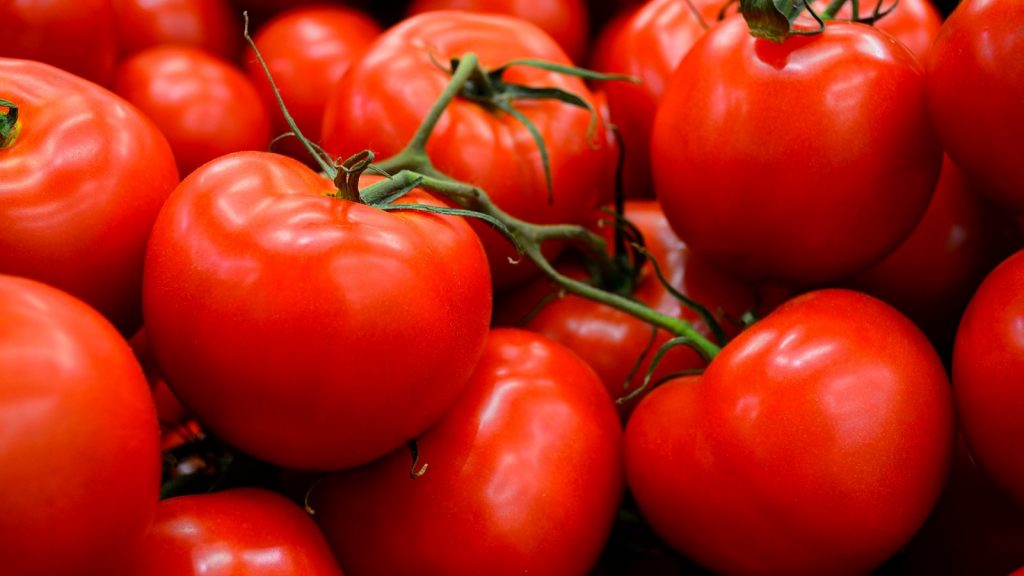U.S.: FPAA pushes for new tomato deal with Mexico, calls Floridian industry demands "unreasonable"

The Fresh Produce Association of the Americas (FPAA) has urged the U.S. Department of Commerce to continue working with Mexican tomato growers to create an updated Tomato Suspension Agreement, following the U.S. government's recent withdrawal from the former trade deal.
The organization said that this is set to be a difficult task, explaining that a new agreement would need to fairly address concerns from the Florida tomato industry without setting conditions that U.S. supermarkets couldn't accept, thereby effectively preventing them from purchasing Mexican tomatoes.
The FPAA says another concern is that the Florida Tomato Exchange (FTE) is making "unreasonable" attempts to change the rules of how produce can be sold in order to eliminate its competition and unfairly control the market.
In its demands to Commerce, the FTE has requested that U.S. purchasers of tomatoes from Mexico be unable to receive adjustments on tomatoes they buy based on the arrival condition of the produce.
This right is codified into U.S. law under the U.S. Perishable Agricultural Commodities Act, which is the foundational law that governs the trade of fresh produce in the U.S.
The law concerns product quality issues that can’t be seen at the time of shipment and can occur at other distribution points. These issues sometimes take days to manifest themselves.
The previous suspension agreement had a mechanism to give buyers and sellers the ability to adjust prices fairly on the final condition of fresh produce imports.
According to the association, the FTE’s demands to take away these protections means buyers would be denied their right to purchase tomatoes at a fair price based on the quality they arrive in.
Instead, buyers would have to reject an entire load of sellable tomatoes because no adjustments would be granted for the small percentage of quality issues that may arise. These loads would have to be returned to Mexico and thrown away, driving up food waste and hitting consumers with higher prices and less choice.
This would effectively block imports of Mexican tomatoes by making them too economically risky for U.S. buyers, says the FPAA.
It claims that, while negotiations are hampered by unlawful demands from a small group of politically connected Florida companies, U.S. consumers continue to pay tomato taxes, and U.S. companies continue to face uncertainty in the marketplace.
The FPAA views the livelihood of U.S. businesses across the supply chain as hanging in the balance awaiting a return to a sensible, fair, stabilizing agreement.
Still, the FPAA says it is confident that rational proposals from Commerce and the Mexican growers can result in a deal that fairly addresses Floridian players' concerns without unduly harming American shoppers and the U.S. tomato industry.















































